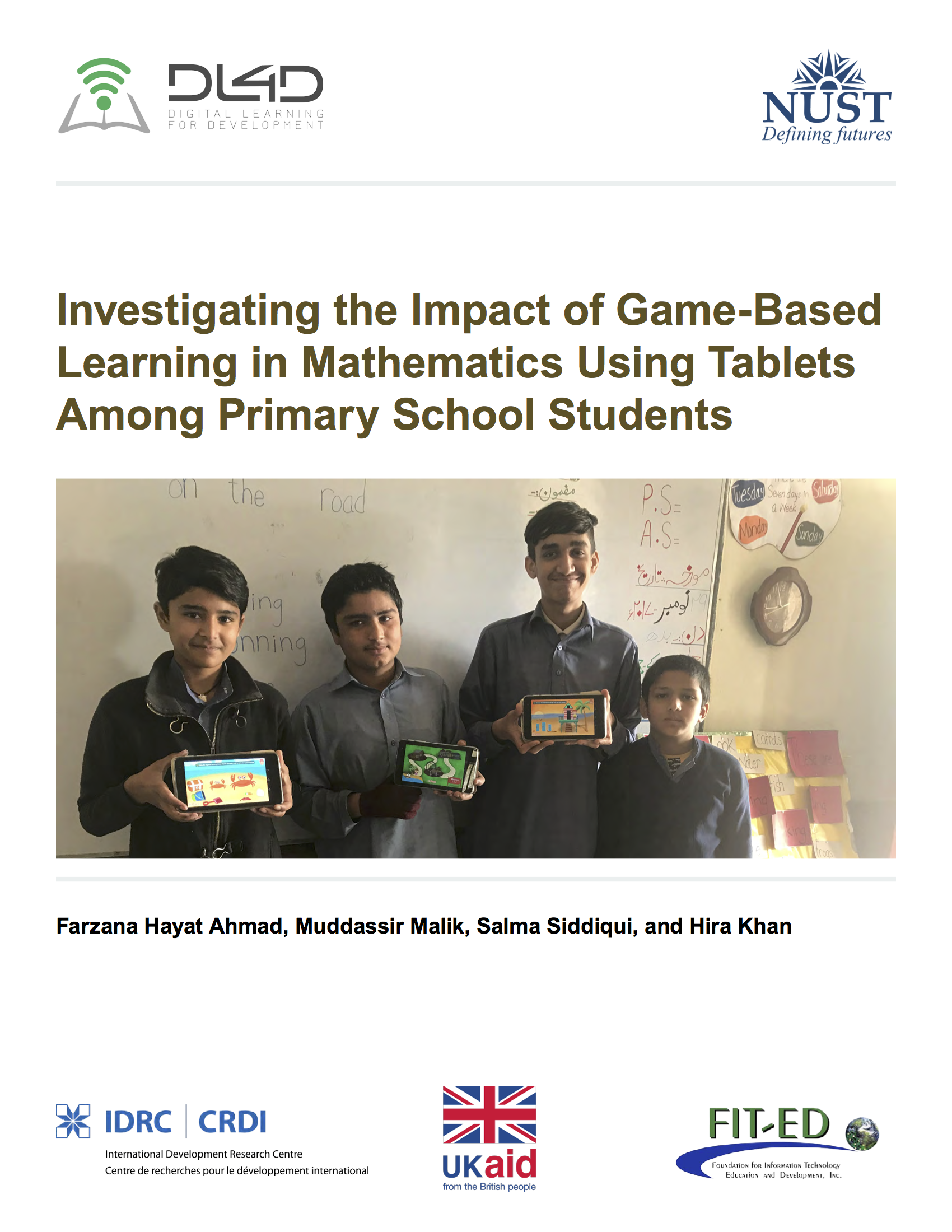Investigating the Impact of Game-Based Learning in Mathematics Using Tablets Among Primary School Students
Abstract
Investigating the Impact of Game-Based Learning in Mathematics Using Tablets Among Primary School Students
Investigating the Impact of Game-Based Learning in Mathematics Using Tablets Among Primary School Students

The study seeks to investigate the impact of digital game-based learning (DGBL) using technology in low-cost tablets installed with instructionally sound educational games, which may help in disrupting the current education system and give access to meaningful learning to all. Recent research on mobile learning corroborates the extension of educational experiences beyond the classroom and enables informal and personalized learning for students. The key focus areas of this study are the use of digital games in enhancing students’ achievement, motivation, and engagement by providing a self-paced learning concept with minimum teacher intervention. A mixed-method quasi-experimental study was conducted among 200 children living and working on the streets, belonging to an extremely low-income group, and formally enrolled in charity schools for out-of-school children in Pakistan. An experiment group was exposed to DGBL, and a control group was taught using traditional methods of instruction. The study generated significant results in engagement and achievement data with a large effect size. Motivational data seem to be statistically insignificant. However, the study revealed consistently higher motivation among students learning through digital games, compared with those taught using traditional methods. The study results may be generalized to a large scale provided that digital game-based content is developed considering the social and cultural context of the target population.

